We were 20, or so, at the start of the race.
It is hard to believe that without missing a single beat, without stopping for a single second, time has been running at a constant, unrelenting and punishing pace like an endless motion machine.
The race started on December 12, 1976, the night of our greatest achievement. We went to sleep that night, happy and celebrating.
We wake up today, December 18, 2020, and met reality confronting us in the face.
It is impossible, but the reality is that 44 years have come and gone as in the blink of an eye, or a flash of light.
I look around the running track of our race. There are only 8 of us left. Time is still pounding on.
Most of us have dropped off for various reasons, from fatigue, to futility, to frustration, and a whole battery of other reasons created by the unrelenting, perpetual ‘motion’ of time. I have to think back about what happened on December 12, 1976. How it all started.
To start with, 1976 was a very special year in my life.
That was the year I graduated from the Polytechnic Ibadan.
That was the year I started my National Youth Service.
I do not have the facts, but I may be the only Youth Corper in Nigeria’s history that did the NYSC national orientation by touring Europe, and spent the entire service year playing football around the world, and getting a nomination at the end as a possible candidate for the President’s Award for best Youth Corper in Nigeria.
1976 was the year I made my senior debut and played my first full international football match for Nigeria.
It was in that year that I went to my first Olympic Games as an athlete.
As that unforgettable year drew to an end, on December 12, 1976, in Yaounde, Cameroon, I was part of an 18-man team of IICC Shooting Stars football club that created history by winning the Africa Cup-Winners’ Cup, the first continental club trophy to be won by a Nigerian club side.
That night, our world changed. We were atop it. We were in heaven! We ‘slept’ that night and this ongoing race with Time, started.
As I completed my life as a student-football player in the middle of 1976, I miraculously found myself on my first trip outside Africa to join the Green Eagles of Nigeria that were already touring Europe and on their way to the Olympic Games in Montreal, Canada. How I came to travel, alone, to join the national team, and how I became a member of the Nigerian contingent to Montreal ‘76 after registration of athletes for the Games at the International Olympic Committee, IOC, had closed, remain one of the great mysteries and dramas of my life.
That story shall be fully told one day.
The Montreal Olympics went on to attain global significance for sports and the Black race when Nigeria led other African countries, in an unprecedented political move, to use the power of sports and their numbers, to fight the greatest scourge in human history – apartheid, another name for Black slavery!
27 Black and African countries were, thus, ordered to leave the Olympic Games Village immediately after Nigeria’s Abraham Ordia, Secretary-General of the Supreme Council for Sports in Africa, announced a boycott of the games.
I was one of the over 100 athletes representing Nigeria whose hopes of medals and dreams of being Olympians were truncated by a decision we knew nothing about and out of our control. We were pawns (willing ones when we eventually got to know the significance of the action) in a global struggle that sustains till this day in different guises and forms. The fight against Racism is still on.
In 1976, General Murtala Muhammed was assassinated, and the lot fell on General Olusegun Obasanjo to replace him as Head of State of Nigeria, and to fulfil his first date with destiny as Nigeria’s leader.
General Obasanjo made all Black persons proud in Montreal. He lifted waning pride and our spirit when he directed a DC 10 aircraft, straight from the manufacturers factory in Atlanta, USA, to pick up the Nigerian contingent from the tarmac of Montreal international airport where we were supposed to be stranded and languishing in the scorching summer of that year, as a consequence for Nigeria’s role in the Olympic boycott debacle.
There was an applause that reverberated around the world when the freshly minted plane, shimmering in the sun, appeared majestically from the crystal clear blue skies of Montreal that afternoon to pick us up and to take us back home to Africa.
We were the first Nigerians to fly in that aircraft under the legendary Nigeria Airways Pilot, Captain All-Well Brown.
But, all those were curtain raisers. The best event was to take place in Yaoundé, Cameroon, on December 12, 1976.
I was a member of the IICC Shooting Stars FC of Ibadan, a team of mostly very young football players representing the country in the newly introduced African Cup-Winners’ Cup that had been introduced a year before.
We had arrived at the final match after some truly titanic battles in the continent, and the last hurdle was against a team (Tonnere Kalala FC) that included the most prolific and most dangerous striker in Africa at the time, a goal-scoring machine and Africa’s Footballer of the Year the year before (1975). Roger Miller was adored in Cameroon like a god. He had the uncanny reputation of predicting how many goals he would score in a match on home ground, and would achieve it!
In the first leg played in Lagos, Tonnere Kalala FC suffered a shocking, humiliating but resounding 4-1 defeat. For the return leg, Roger Miller had confidently assured all his country people that he would cancel out the 3 goals deficit in the first half of the match, and crown it with a winning goal for his country.
The stakes were very high. The battle line with Nigeria was drawn. Such was the hype of the match that hundreds of Nigerians travelled by road across the dense rain forest of Southern Cameroon and South-South Nigeria to Yaoundé, Cameroun.
Many of the supporters that made the trip never got to the venue before the match ended. They also only managed to get back to Nigeria several weeks after. The trip was a nightmare, the worst and most horrendous travel story I have ever read or heard.
So, on that night of December 12, 1976, Captain Samuel Ojebode led us into the battle of Yaoundé. It was 90 minutes of hell. At half-time, as we walked through the tunnel leading to the dressing rooms, some spectators sprayed itching cream over the heads of Moses Otolorin and I. We immediately started to dance Palongo and Kokoma throughout the break. The itching was a ‘killer’. It succeeded in dousing our impact on the rest of the match and reduced our menace-factor on the field by almost 50%.
In the end, however, Roger Miller’s calabash was broken. He scored only one goal. We were denied our own goal. On aggregate scores of 4-2 we won the trophy. We lifted the trophy that night, headed straight to the airport and returned to Lagos and on to Ibadan to the largest celebration party in the history of football in Western Nigeria.
The heroes of that epic achievement have never been celebrated since, largely forgotten, the greatest achievement in the history of the region in football buried in the archives.
This week, I am drawing attention to the present state and status of those heroes of December 12, 1976. Many are no longer in the race against Time: Best Ogedegbe, Samuel Ojebode (Captain), Joseph Appiah, Dauda Adepoju, Sam Abossey, Folorunsho Gambari, Kehinde Jeyifous, Mudashiru Lawal, Adekunle Awesu, Adeleye Abai and Moses Otolorin.
Some are still in the race, but wearily: Zion Ogunfeyimi, Amusa Adisa, Idowu Otubusen, Segun Adelakun, Nathaniel Adewole, Kofi Ashante, Phillip Boamah, and yours truly.
This article is dedicated to all those heroes, including two of the hardworking Nigerian coaches that trained the team (both late) Joseph Ladipo (Jossy Lad) and Rafiu Salami. And, of course, to Mr. Alan Hawkes who is still alive but in the late evening of his life in the United Kingdom.
I hope the governments and people of the 5 States that made up Western State at the time that IICC Shooting Stars FC represented and brought honour to the global Yoruba race, will think, come out to do something, anything, to help, to support, to remember, to celebrate, or even appreciate all those heroes as they wane and fade in their race against TIME!
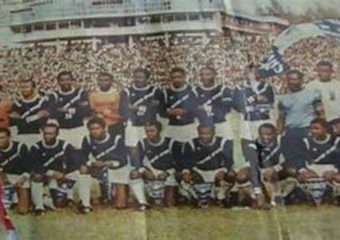
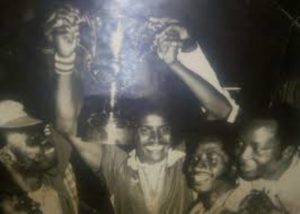
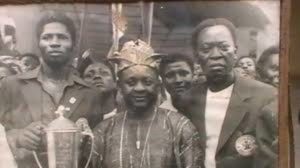
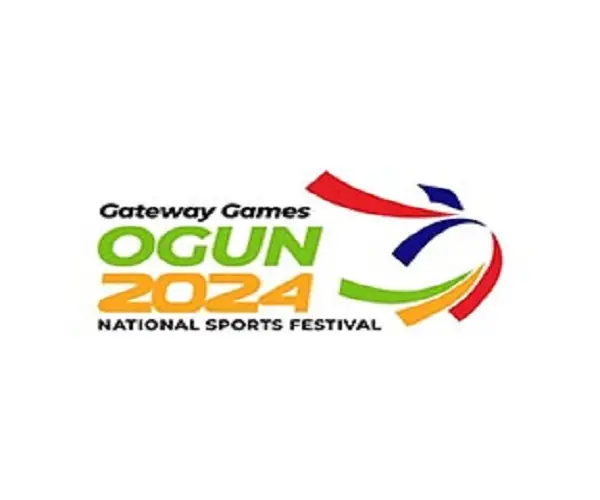
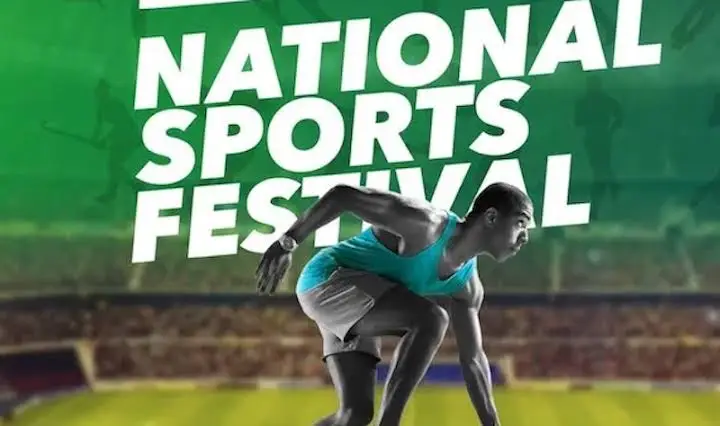
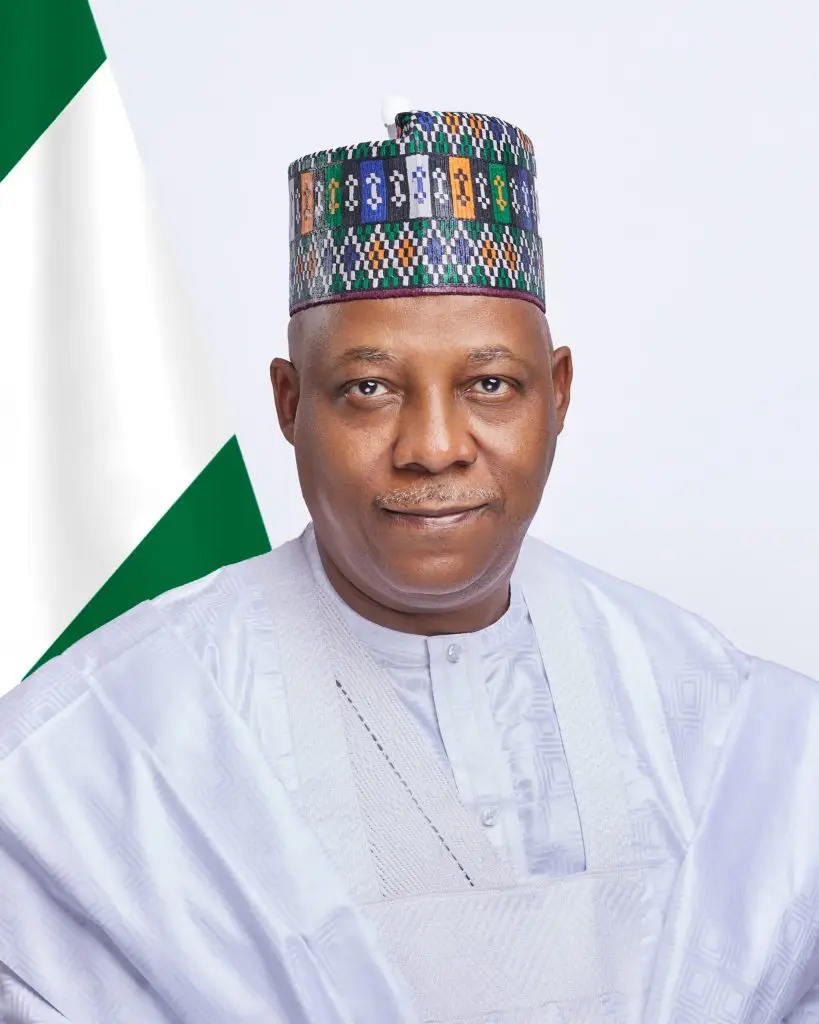
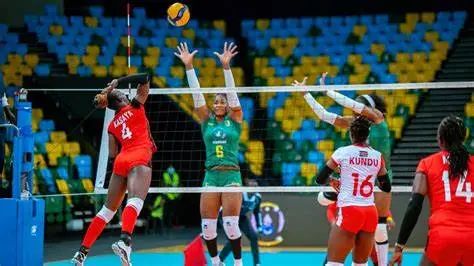
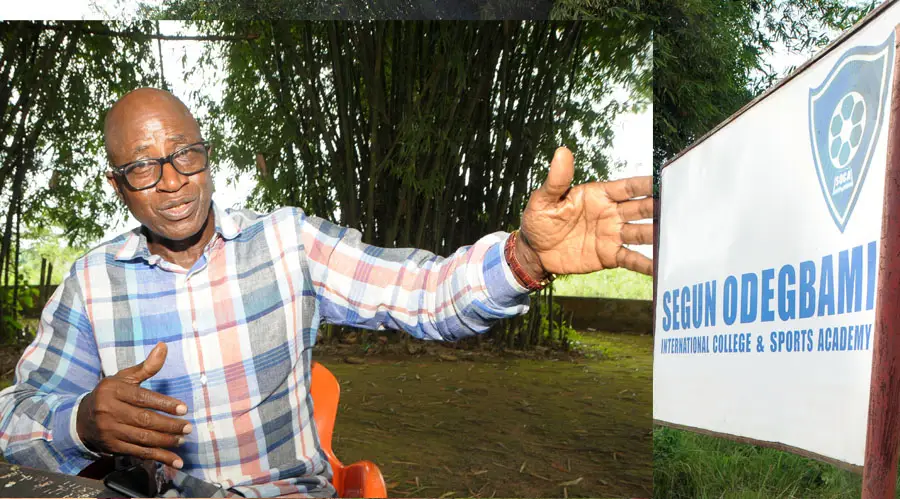



Latest Comments